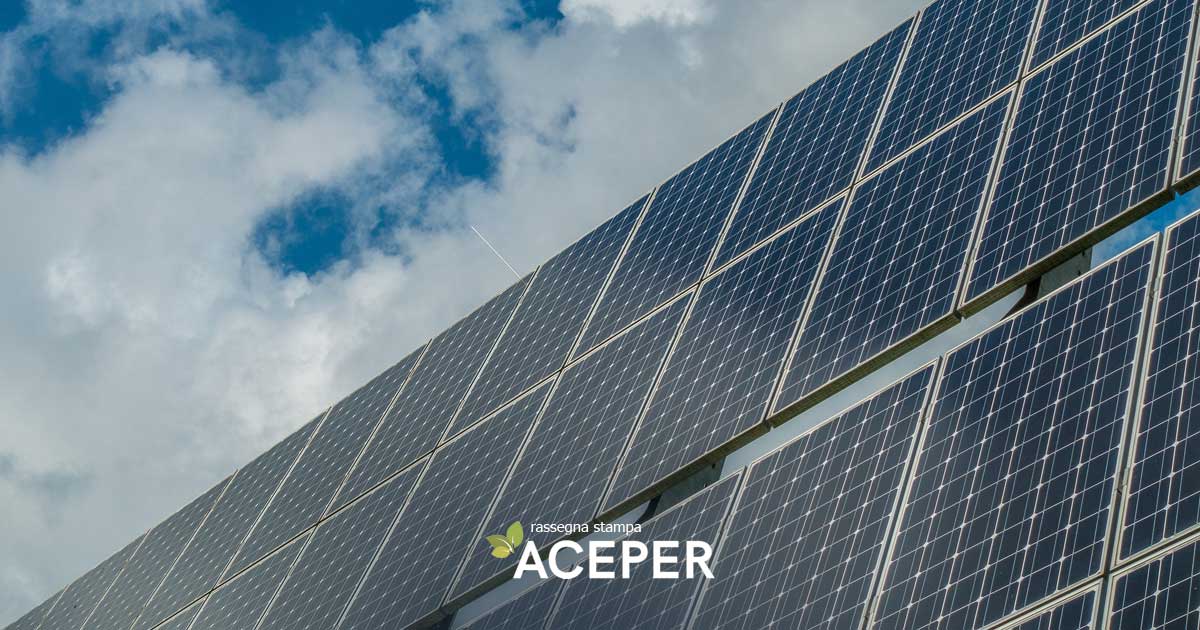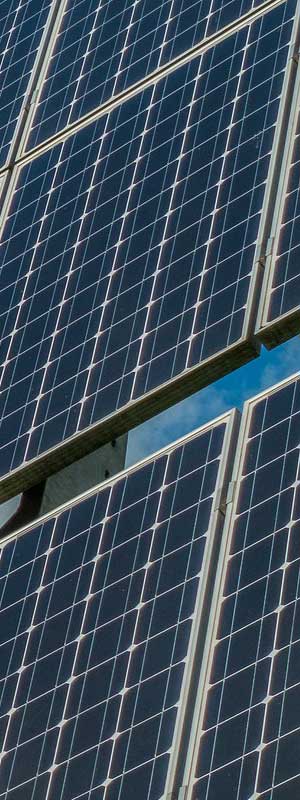23 February 2023

In the South, there are interesting incentives (Bonus Sud, Industry 4.0, Research & Development Tax Credit, grants) that could greatly support the development of entrepreneurship, both Green and non-Green.
The problem is that too often our entrepreneurs find themselves having to argue with state officials who challenge the various tax incentives due to their limited understanding of the regulations.
Regarding Research & Development, we have frequently seen tax credits contested aggressively by the Revenue Agency, as highlighted in one of many rulings (C.T.P. Vicenza, ruling no. 365/3/2021): ‘There is an abuse of power by the Office, given that it is not competent, from a technical standpoint, to assess the validity of the activities conducted to improve the company’s production cycles.’
As a result, despite the necessary measures for development being in place, unfortunately, entrepreneurs decide not to pursue them due to a lack of confidence in the effectiveness of our system.
This is stated by Veronica Pitea, President of Aceper (Association of Consumers and Producers of Renewable Energies), which brings together 10,000 renewable energy production plants, representing over 7,000 members with a total installed capacity exceeding 2 GWp.
Organized crime, which has identified the renewable energy sector as a profitable opportunity in recent years, could damage the image of the entire ‘healthy’ segment of renewables. However, President Pitea has faith in the authorities: ‘We have had incidents in the past. I don’t want us to turn a blind eye; we are well aware that similar situations exist in various sectors. This is why law enforcement works to ensure that ‘entrepreneurs’ of this kind are identified and punished, as in the case of Messina Denaro.’
To overcome the current energy crisis, the President of Aceper sees no other solution but renewables: ‘We don’t see any other options to address the crisis. In this regard, the government must absolutely reduce bureaucracy, create more technical discussions with market players, and ensure regulatory stability. Over the years, one thing that has frightened both foreign and Italian entrepreneurs is something unique to Italy called “retroactivity,” the power of our laws/decrees to be modified years later with retroactive effects. We have experienced many situations like this in the renewables sector. For example, the incentive spreading, the ‘Save Italy’ decree, the Tremonti environment, and others. So far, the Meloni government has introduced measures that seem interesting, but without the implementing decrees, we cannot be sure if they will actually turn into opportunities. We are still very cumbersome, and unfortunately, for example, in the area of grants that could benefit the sector, bureaucracy prevails over Green initiatives,’ concludes the Aceper President.
See here the article from Forche Caudine dated 14/02/2023
“Source Forche Caudine”

Press review
For information



